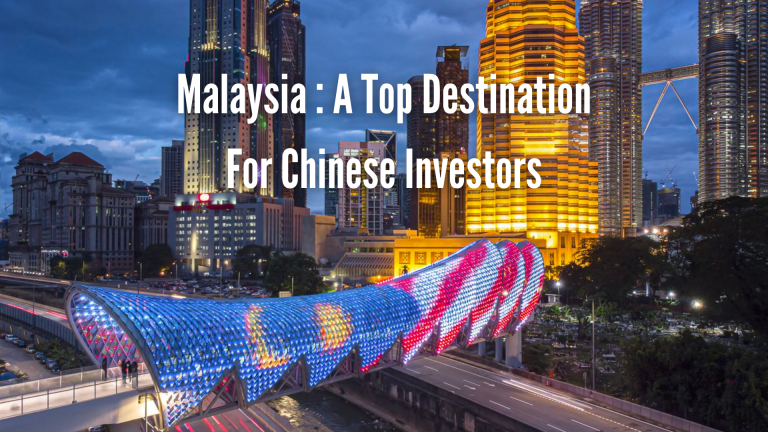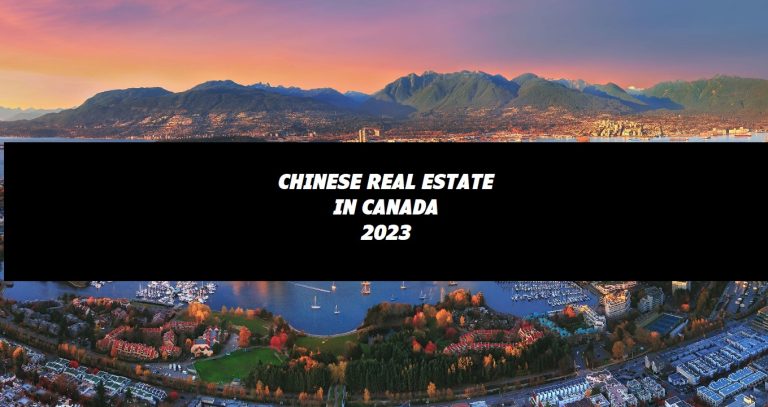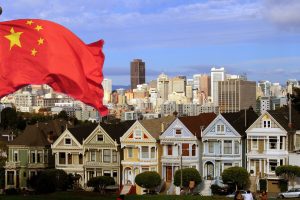China’s property investor exodus

China’s property market has been in a state of flux for some time now, with investors beginning to abandon the market in droves. This has led to concerns over the future stability of the property sector and wider economy. So what’s driving this investor exodus, and what could it mean for China’s Real Estate market?
China eases investment restrictions amid an unprecedented investor exodus
Published on 25 March 2022: An earlier version of this article did not address Heng Wang’s concern about the lack of transparency and impartial dispute resolution mechanisms in China. This is a problem for investors.
Cost-Effective Agency
KPI and Results focused. We are the most visible Marketing Agency for China. Not because of huge spending but because of our SMART Strategies. Let us help you with: E-Commerce, Search Engine Optimization, Advertising, Weibo, WeChat, WeChat Store & PR.
Having reduced its “negative list” for market access, China will now allow foreign and local investors access to more sectors of the economy.
The Institute of International Finance said, “unprecedented outflows” of Chinese stocks and bonds could be due to Moscow’s increasing ostracism in the wake of the war.
China has refused to call Moscow’s military offensive an invasion and has condemned sanctions against its strategic partners, but has expressed concern about the conflict. US President Joe Biden has threatened China with unspecified consequences if it provides material support for the war.
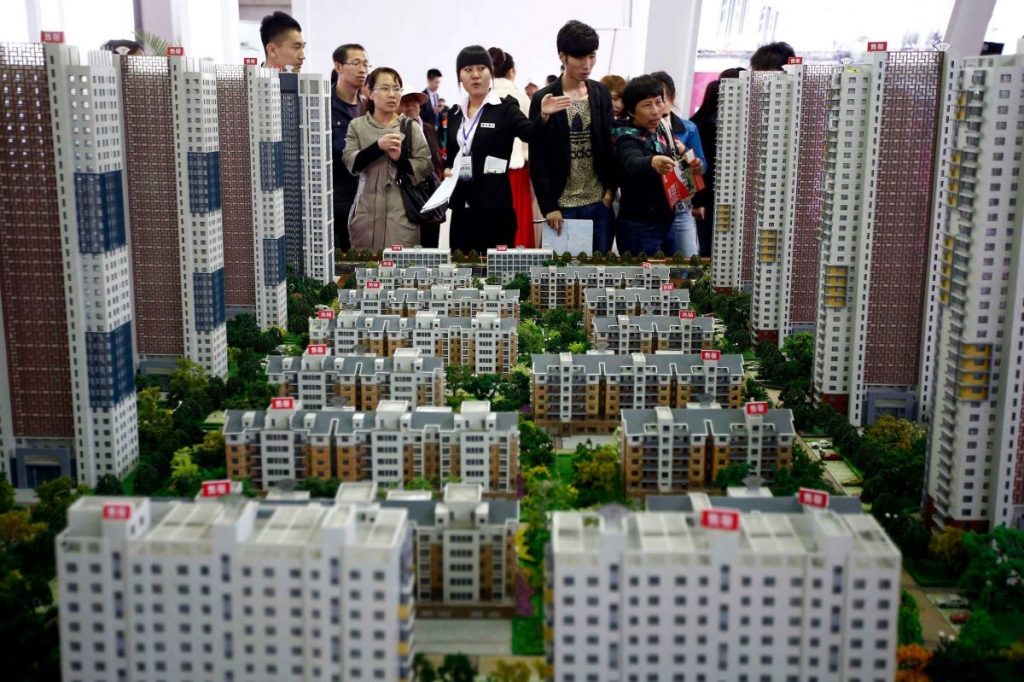
“Capital outflows with a negative trend”
Alicia Garcia Herrero is the chief economist for the Asia Pacific at Natixis Hong Kong. She said she was concerned about the exodus of investment to China.
Garcia Herrero said that while it is too early to cause chaos or destabilize the currency, they are worried about it. Beijing may see foreign investment as a way to deter the US from imposing sanctions on Russia and its allies.
They want to attract and open doors to investors who will lobby for them. This means funding. It can reverse the current very negative pattern of capital outflows.”
According to a US State Department analysis, China has opened up more industries in recent years. However, the country still remains a “relatively restrictive environment for foreign investors.” China has overtaken the US in terms of new foreign direct investment for the first time since 2020. This is partly due to the negative effects of the COVID-19 outbreak on other economies. According to the United Nations Conference on Trade and Development, China attracted $163 billion in inflows that year, compared to $134 billion for the US.
Beijing is also launching a series of tough measures against private companies as part of its “common prosperity” campaign, which will tighten oversight of technology companies, real estate and private education.
Heng Wang, an expert on the Chinese economy at the University of New South Wales, said Beijing had an incentive to invest.
He said China would benefit from economic growth and employment opportunities during the economic downturn. China’s transparency, predictability, and impartial dispute resolution mechanism could increase its attractiveness to investors.
“Foreign investors could also bring technology. It remains to be seen how regulatory practices will evolve. This covers broad areas such as taxation, intellectual property protection, and dispute resolution. China’s approach to opening markets and strengthening regulation remains to be seen.
Why has China’s long-awaited property market reform plan failed?
The Chinese government has once again failed to approve a property tax law. This is a crucial element of property market reform.
Many observers of China were surprised by the 2022 National People’s Congress. It was not because of what happened, but because of what did not happen. The Chinese government did not approve a property tax. The report on the government’s work did not even mention property market reform.
The reform of the real estate market is a necessity after the real estate crisis of 2021. The introduction of a property tax is the first step in the reform of the property market. In an essay published in Qiushi (the official theoretical journal of the Communist Party of China), Xi Jinping stressed that a property tax is the key project of real estate market reform and is essential to his “Common Prosperity” campaign. The National People’s Congress approved a decision to expand the property tax experiment after Xi’s trial. Liu Kun , Minister of Finance, said the ministry should “prepare property tax experiments”. A Chinese government insider believed that the property tax would be launched by the central government at the National People’s Congress in 2022.
Xi believes the property market is the most important indicator of China’s unsustainable growth model
Xi believes that the property market is the most important indicator of China’s unsustainable growth model. It supports 25% of China’s GDP. This is higher than Spain or Ireland before the Eurozone crisis. China’s property market reform in the late 1990s saw housing prices rise so rapidly that an average flat in Beijing now costs 25 times the annual salary. High housing prices place a huge burden on the Chinese and reduce their power to innovate and consume.
The collapse of Evergrande Group (one of China’s largest property developers) showed that China’s property sector could pose a major threat to the Chinese economy. Xi has said that houses are for the living, not for speculation, making reform of the real estate sector the main objective of the Common Prosperity Campaign.
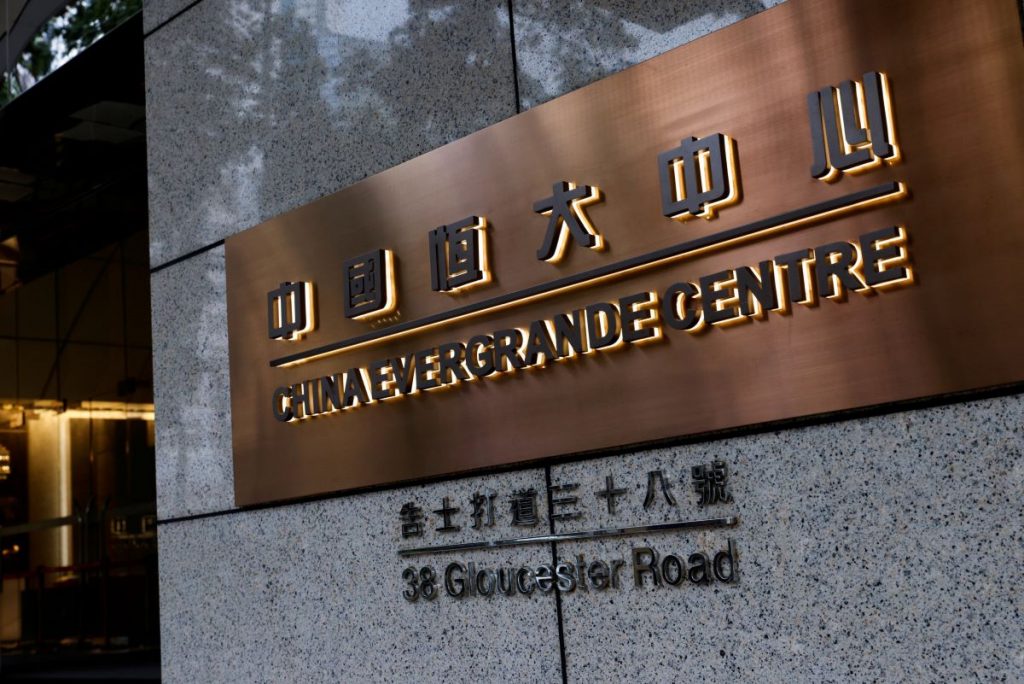
Two factors are responsible for the distortion of China’s property market. On the supply side, the 1994 tax reform transferred tax money to the central government but did not reduce the burden on local governments. The result is that Chinese local governments now cover more than 80% of public expenditure while receiving only half of the tax money. The engineer behind this reform, Zhu Rongji (the former Prime Minister), struck a deal allowing local governments to increase their public budgets by any means. With Beijing’s agreement, Chinese local governments are using land sales to increase their revenues and keep property prices artificially high.
On the demand side, a policy of financial repression that benefits banks and state-owned enterprises deprive Chinese families of viable investment options. The Chinese middle class sees the booming property market as the most lucrative place to invest their money. According to one Chinese observer, only the property market can consistently generate positive returns for investors.
A property tax seems to be an excellent solution to market distortion. It discourages people from considering real estate as an investment tool, and it raises funds for local governments. Xi has given Han Zheng, executive vice-premier and potential successor to Premier Li Keqiang, the task of implementing a comprehensive property tax plan. However, Xi’s property tax plan has provoked negative reactions from CCP elites and rank-and-file members. Even retired party leaders have protested against the new tax. They argue that the tax will create an unnecessary burden and cause social instability, as many party members own more than one property.
Xi’s ambitious goal of controlling the property market
Xi’s ambitious goal of controlling the property market is out of step with local officials who see generating economic growth and securing government budgets as their top priorities. Shanghai executives stressed that stability is their most important economic development goal for 2022. They believe that stability means that the Shanghai government will bail out property developers to avoid a collapse of the housing market. The officials said Shanghai’s property market will not fall like New York’s. Another economic planning official explained that the Shanghai government needs to increase its infrastructure investment by 14% to offset the decline in the housing market.
Shanghai will not be able to meet this infrastructure investment target because most of the infrastructure has been built. The government will support the housing sector by removing restrictions on converting developers’ land rights, obtaining loans from banks, selling housing and issuing bonds.
The five-year debt reduction campaign
The plan focuses on a five-year debt reduction campaign. Xi said that the only indicator used in the assessment of the cadres was GDP growth. The new five-year plan has eliminated the annual GDP growth target in favor of slower, but more balanced, “high-quality” growth.
According to the Shanghai official, the central government has not set an economic growth target. However, the executive said that officials are often compared to other local leaders and that economic performance is important. For ambitious officials, generating higher GDP growth is the best way to outperform their peers and get promoted. This is particularly true for Li Qiang, Shanghai’s party secretary, who hopes to become vice-premier or even a member of the Politburo Standing Committee at the 20th party congress this autumn.
The importance of stability has been overshadowed by the need for reform. In late 2021, the central government’s working meeting on economic affairs moved away from Xi’s reluctance to create moral hazard by bailing out property giants. The meeting emphasized stability during the 20th Party Congress and called on local governments to avoid any economic crisis. The meeting was followed by Chinese banks relaxing the “three red lines” to encourage a soft landing for several real estate companies.
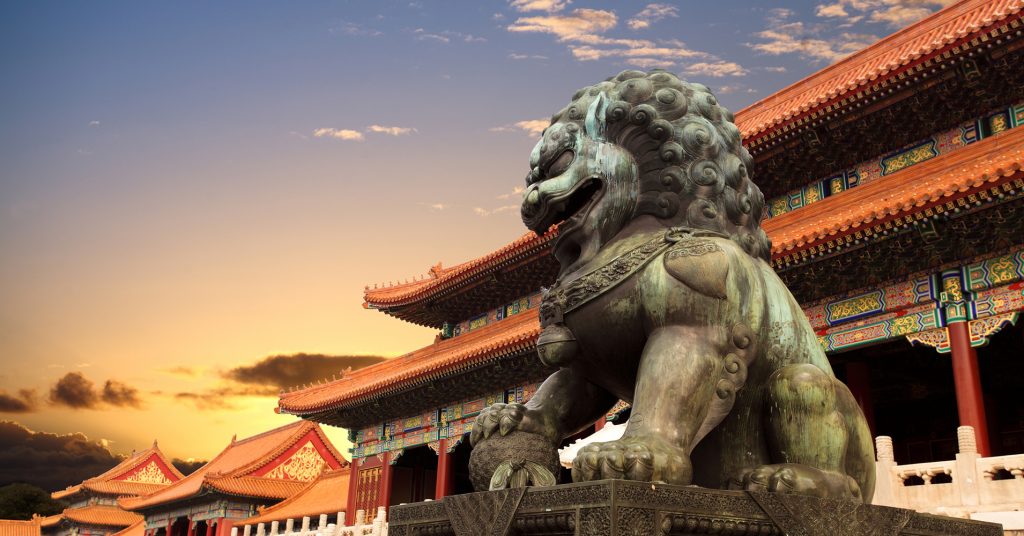
Xi also has to deal with the complexity of the current problem in the Chinese property market. This has accumulated over several decades. Beijing would prefer a step-by-step approach to reform rather than comprehensive and wide-ranging “shock therapy” reforms. The current situation is best described by an old Chinese saying: “Pulling out a single hair will move your whole body” (Qian Yi Fa Dong Quan Shen). Changing a single policy will lead to unintended social chaos.
Urban employment accounts for 16%. MacroPolo, an internal think tank of the Paulson Institute, predicts that a collapse of the construction sector after a housing market recession would result in 15 million people losing their jobs. Social stability would be affected by the sudden rise in unemployment. Chinese banks have devoted 30% of their loans to housing construction. 60% of bank loans are secured by real estate. China could experience a financial collapse if its property market collapses.
A property tax can cause unintended social instability by being incompatible with major social programs. If not accompanied by Hukou (household registration) reforms, it will only increase social inequality rather than reduce it. The Hukou system institutionally separates urban residents from migrant workers, while the latter remains officially registered as rural residents. Migrant workers do not have access to urban social welfare programs, such as health care, pensions, or education for their children. The aim of a property tax is to provide an alternative source of funding for social welfare programs so that local governments can move away from the traditional system of selling land for funding. There are 376 million urban migrants, who will be major contributors to any property tax. Rents will rise for those who cannot afford to buy a house in the cities. Land tax without hukou reform will force these migrant workers to pay for social services to which they have no access. This could increase the conflict between urban arrivals and older residents.
Xi’s failure to reform the property market
Xi’s failure to reform the property market clearly illustrates the problems with his campaign for shared prosperity. This campaign is necessary for Xi to not only improve China’s social equality but also rebuild its economy. His main goal is to rebalance China’s economy away from its current export- and investment-led growth towards a more sustainable development model. The campaign will be resisted by groups with vested interests who fear that the reforms will harm them. The desire for reform will be countered by concerns about social stability, which was a major theme of Xi’s administration.
Xi once described the current stage of reform in China as breaking the bone after eating meat. This means that his predecessors have completed the easy parts and left him with the hard parts. Xi will certainly face a lot of resistance and challenges, just like the reformers throughout China’s history. It is unclear whether Xi will be able to overcome this resistance.
A guide to marketing the overseas property to wealthy Chinese individuals
China’s investment in Western properties and assets has steadily increased over the past decade, particularly among high-net-worth individuals (HNWIs).
Who are China’s HNWIs (Hong Neighbors with Intellectual Disability)?
In the past, Chinese HNWIs were generally between 40 and 60 years old. But today, 42% of HNWIs are under 40 years old.

HNWIs who start businesses, invest in family businesses, or take over family businesses constitute a large part of this wealth. High salaries in law, banking, and other businesses make ‘knowledge-based talent’ a growing source of wealth.
This group is more likely to “go abroad”. Real estate is considered one of the best investments. It allows children to receive an international education and have a permanent home abroad.
An exciting prospect for overseas markets
International property brands have huge opportunities in this growing market for China.
In London, Chinese buyers account for 15% of overseas property purchases over €1 million. This figure rises to 20% for properties worth over €10 million.
This trend is not slowing down. Juwai, China’s largest overseas property portal, reported that in July 2021, UK property inquiries rose by over 213%. Knight Frank reported that the UK property market saw a remarkable PS12.8 billion of Chinese investment between 2021 and 2021.
Despite the increase in international investment, many Chinese consumers remain cautious about their understanding of local laws and markets. Building trust through a marketing strategy in China is a priority. Consideration should also be given to bringing in experts with a local perspective.
Building trust through community marketing
Foreign real estate companies need to create meaningful interactions with their customers to gain the trust of Chinese consumers.
To create a sense of community, consider events such as gala dinners or special shows. This allows brands to be more personal and builds trust.
Vanke, a Chinese real estate company, has always understood the importance of “in-person” word-of-mouth marketing. It recently launched a series of “Old Friends New Neighbors” brand activities in Wenzhou, Hangzhou, and other cities. It has also offered a variety of social events and dinners, all designed to build community relationships and encourage home sales.
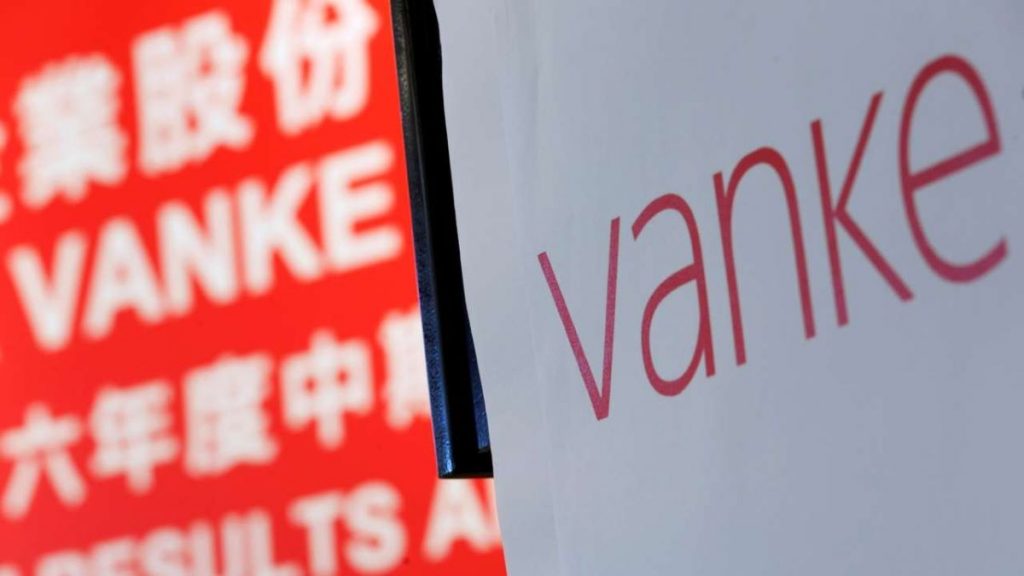
This approach could also be used to promote China’s digital marketing activities. It would leverage the social importance of live streaming and key opinion leaders (KOLs) on Chinese social media.
Two-way communication with KOLs
KOL marketing is not just for B2C campaigns. KOLs are gaining popularity on Chinese social networks, with thousands of followers on WeChat and Weibo, Douyin, and Xiaohongshu.
This type of Chinese digital strategy is very effective in promoting property sales. Live broadcasts from industry experts and highly respected individuals will help build brand awareness and trust.
It’s all about communication. Consumers can interact with each other and get valuable information on topics that interest them. KOLs working in the Chinese real estate market can help Western brands create compelling stories and shape conversations to take advantage of these opportunities.
They engage with their audience on topics that interest them. This includes discussions about second-hand house prices, auction houses, and how to choose the perfect property. These KOLs frequently host live streaming conversations, which allows for direct communication with customers.
Brands can build strong relationships and sales with live broadcasts that have millions of viewers (producing hundreds of thousands of interactions).
The art and science of emotional connection
Foreign brands need to create strong emotional resonance in their campaigns as the power of Chinese HNWIs grows. This is the case with Hermes, a luxury retailer that is fostering a sense of identity and aspiration through pop-up projects such as the opening of a gym in Chengdu.
FAW-Volkswagen’s Audi brand has moved beyond the concept of “products with a personality” in the automotive industry by giving its cars unique personalities. The RS4 represents a young man with a passion for poetry and faraway places, and the RS Q8, a faster SUV represents an honest and unstoppable person. Audi cars appeal to young people by emphasizing core products and a strong sense of personal identity.
This sense of connection and aspirational personality is even more important when it comes to major investments such as overseas property.


